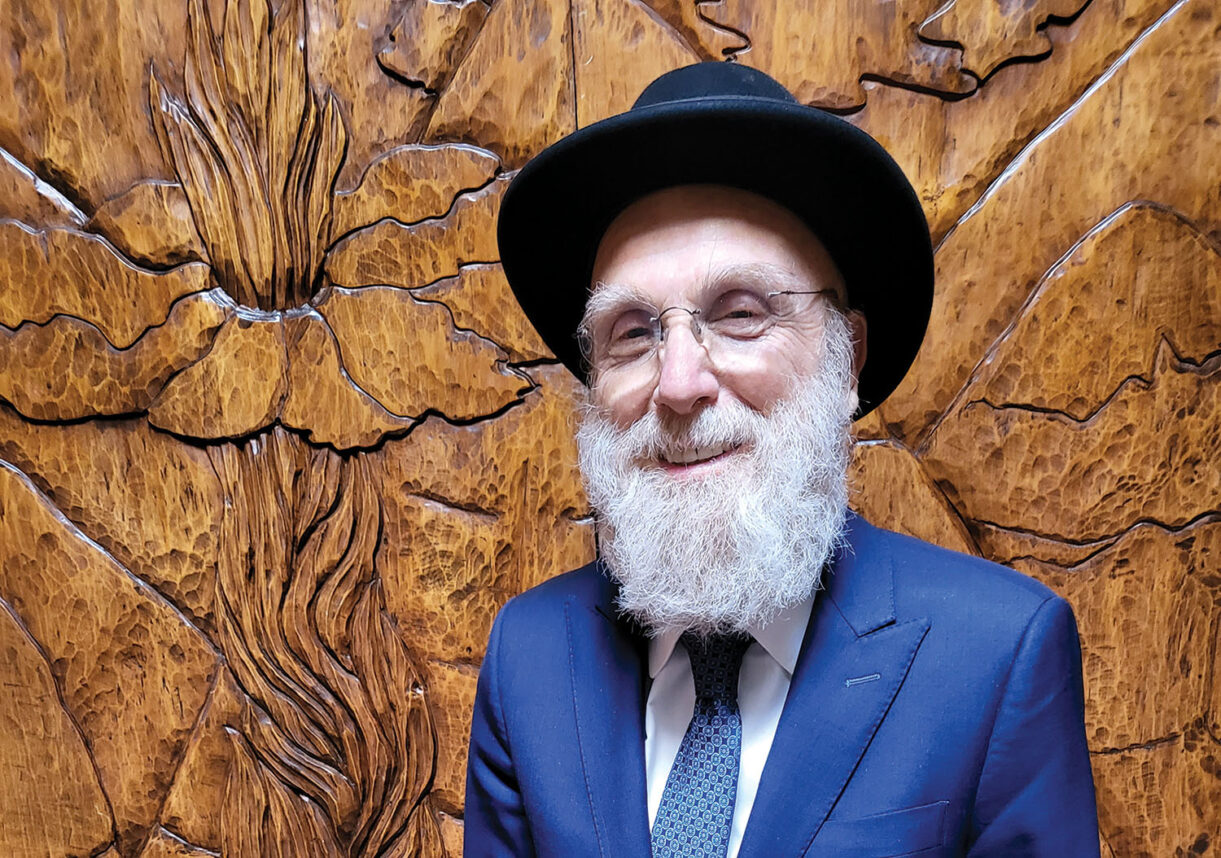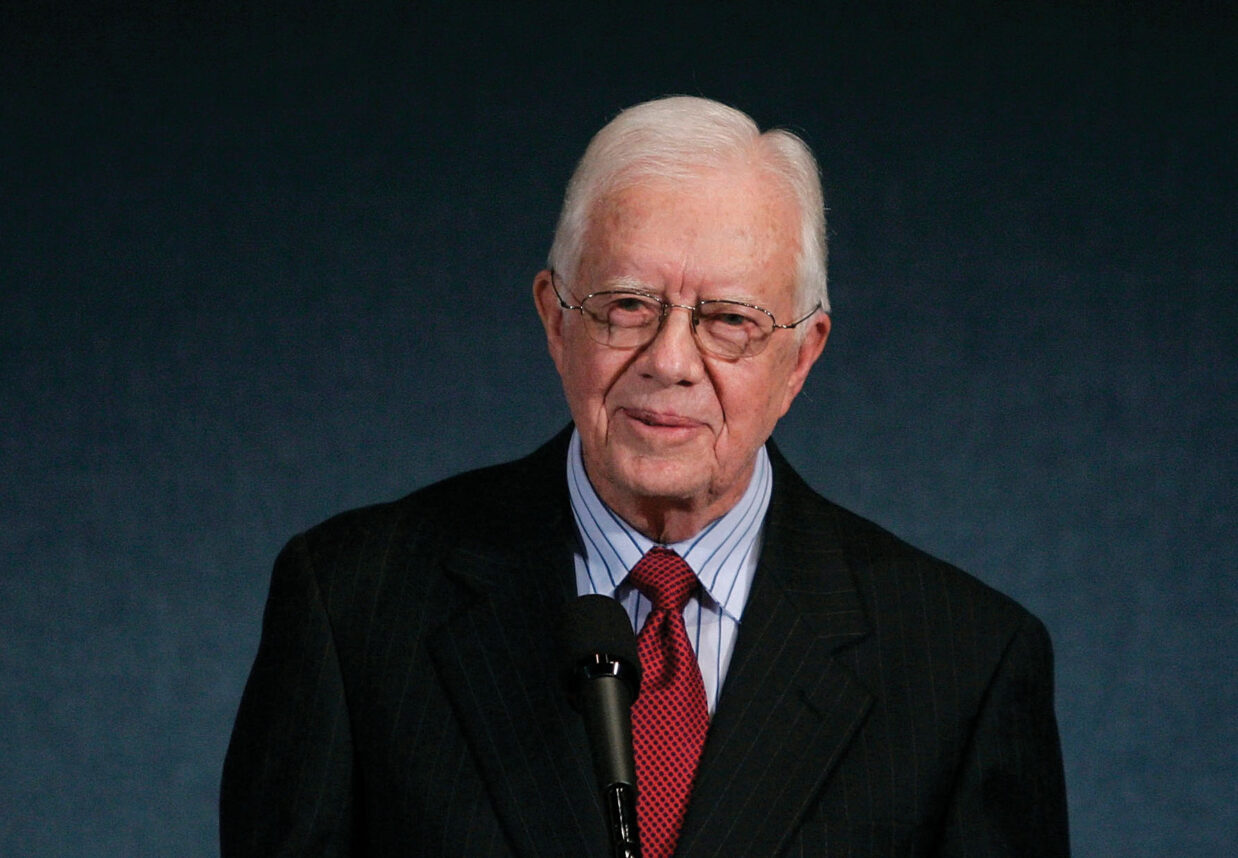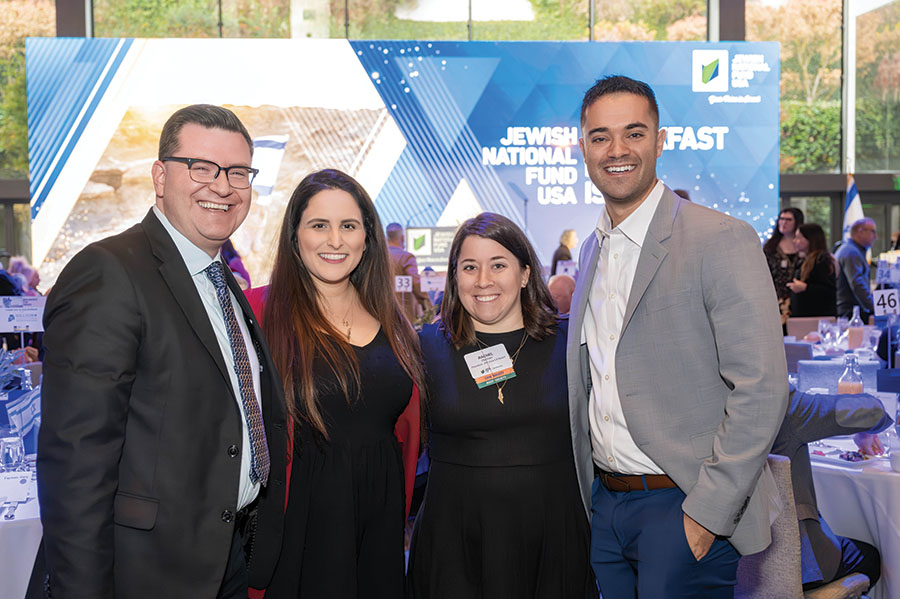When I tell people I served on a jury for a nine-day gang-related murder trial, the first reaction I get is, “You couldn’t get out of it?”
First of all, it’s much harder to get out of jury duty now than it used to be.
But I’ll admit it: I didn’t try. I have an overblown sense of civic responsibility, and, never having served on a jury, I was interested.
As it turns out, the experience was more enriching and interesting than it was inconvenient and tedious.
The case focused on a corner of Los Angeles I had never seen up close.
It involved a fistfight that ended in gunshots. The victim was a 25-year-old Latino man, a construction worker, who may or may not have been trying to get out of the gang culture. He died with a little meth and a lot of alcohol in his system.
The defendant, also Latino and 20 years old at the time of the murder, is an admitted gang member who may or may not have targeted the victim months before. The two got into a fight on the defendant’s Eastside turf — his graffiti was everywhere. We, the jury, didn’t believe the defendant’s story that he feared for his life and shot the victim in self defense, but we also couldn’t agree that this murder was a calculated hit.
We found the defendant guilty of second-degree murder using a firearm, with gang connections. Immediately following our verdict he was sentenced to 40 years to life, eligible for parole in 15 years.
The case was both sad and frustrating. We knew we weren’t hearing the whole story, probably because most witnesses were too frightened of gang retribution to testify. But we also realized that is how our imperfect system works — we draw conclusions based on available evidence, but might not ever know the whole truth.
The 11 other jurors I sat with approached this process with the gravity it deserved. We represented a cross section of Los Angeles I don’t usually engage with in my insular Jewish enclave — an artist, a Sears repairman, a business analyst, a parking lot attendant and a handful of folks from various levels of the entertainment industry. As far as I could tell, I was the only Jew in the courtroom — no, not even the lawyers.
Secluded in our deliberations, we felt the weight of our own words. In the context of a jury, how well we express ourselves, or convince and persuade others to see things as we do, can change someone’s life.
Serving on a jury is hard, and not because it disrupts routine. It forces you to look at the uglier side of humanity, and it forces you to take your own opinions seriously — a challenge in an era when Facebook comments are whipped out in thoughtless seconds.
For me, the trial was intensely stressful, sparking bad dreams and self-doubt. After the verdict, I cringed at the idea that I had just sent a man to prison. I kept picturing his mother sitting in the gallery. One of her sons had already been killed in gang violence, and now another was going to prison.
When the clerk read our verdict, his mother wasn’t in the courtroom. I didn’t look at the defendant or at his brother and friends in the gallery. The brother and friends had all appeared in evidence (gang members, it turns out, post photos on MySpace). I was not alone in wondering if they would follow the jurors out of the high-security courthouse.
Two armed bailiffs escorted us down a back elevator and out of the building to our cars.
The trial sent my head spinning about gang culture — the tragedy and stupidity of this dead-end ecosystem of fear and intimidation, and my own false sense of insulation from it. In the week following the trial, I kept asking myself, could I do something about this? Or is this just another social ill that will make a guest appearance on my mental horizon, fading away as time passes?
By odd chance, as I was serving, a pregnant woman was killed in a suspected gang hit less than a mile from my house. I can pretend the gang problem is distant, but, in the end, this is my city, and its problems should be my problems — whether or not they infiltrate my comfortable neighborhood.
My intentions now are to turn my new level of awareness into action. Just last week I read with consternation about the collapse of Homeboy Industries, which helps gang members go straight, and I am considering how I might get involved in efforts to save it. I’m thinking about becoming a mentor to an at-risk kid, maybe through KOREH L.A., The Jewish Federation’s literacy program.
And I’m also thinking that this is all just thinking, that it would be easy for me to fall back into my privileged Jewish routine.
But I hope I’ll approach it like I did jury duty: I won’t try to get out of it, knowing that I probably wouldn’t be able to, even if I tried.






















 More news and opinions than at a Shabbat dinner, right in your inbox.
More news and opinions than at a Shabbat dinner, right in your inbox.